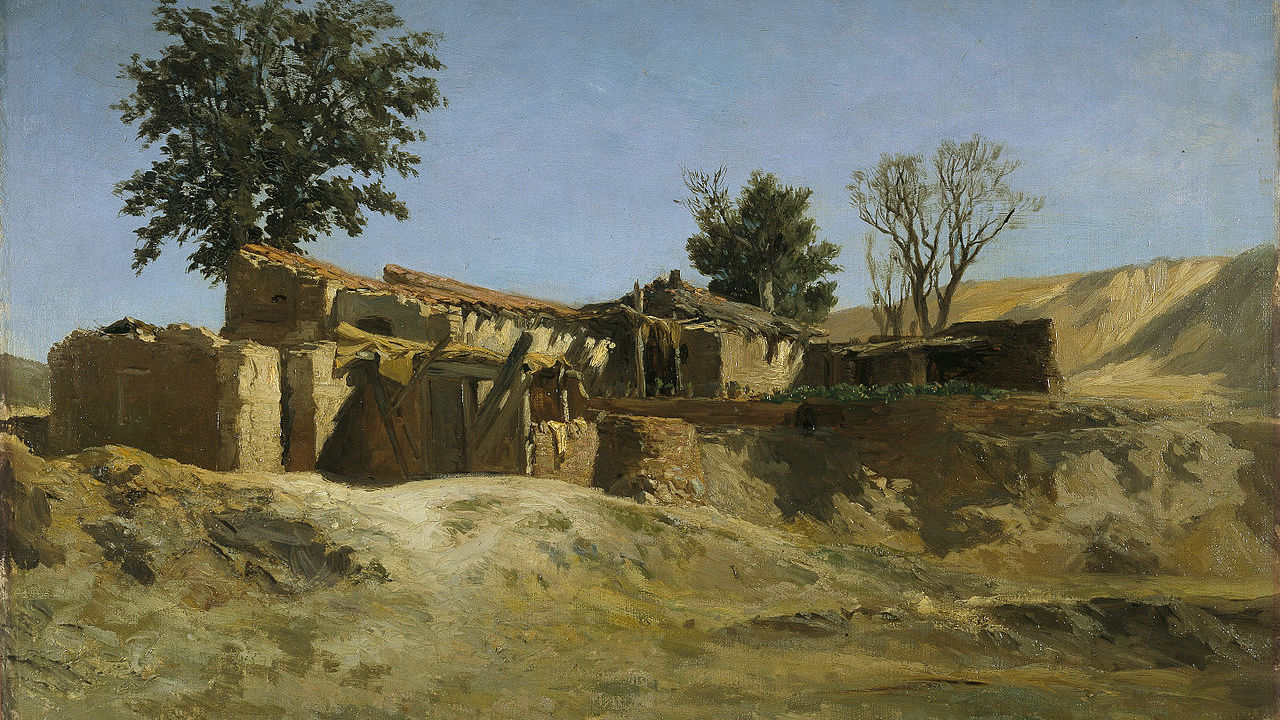Sondheim’s “Passion”: Barbara Cook Sings “Happiness,” “Loving You,” and “I Wish I Could Forget You”
Stephen Sondheim’s 1994 one-act musical, Passion, is a variation on the beauty and the beast story. When the curtain rises, Giorgio, a handsome 19th-century Italian army captain, is making love to his ravishingly beautiful mistress, the married Clara. Their ecstatic reverie is interrupted when he tells her that he is about to be transferred to a remote, provincial military outpost. While separated, they continue to communicate through a stream of letters. At …







